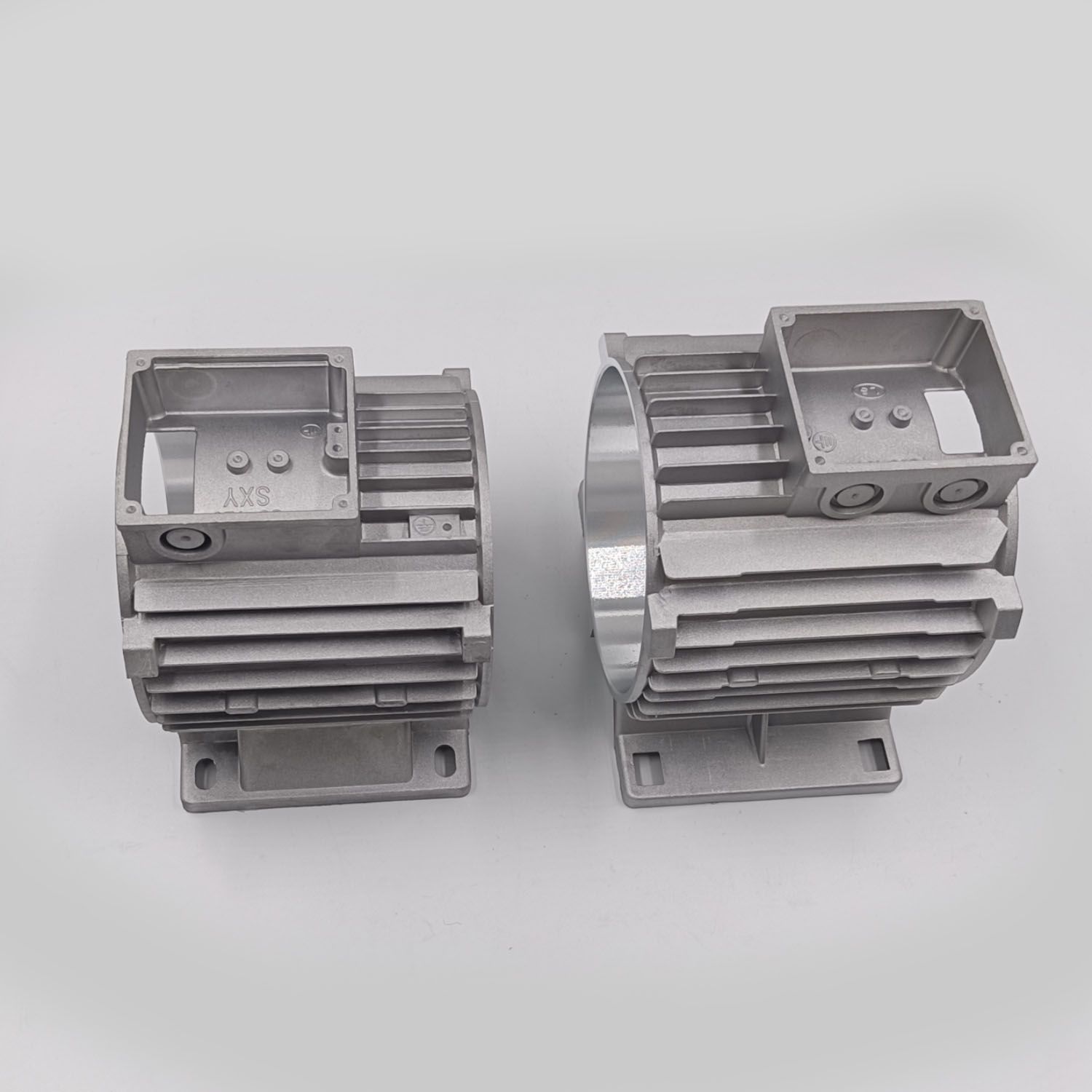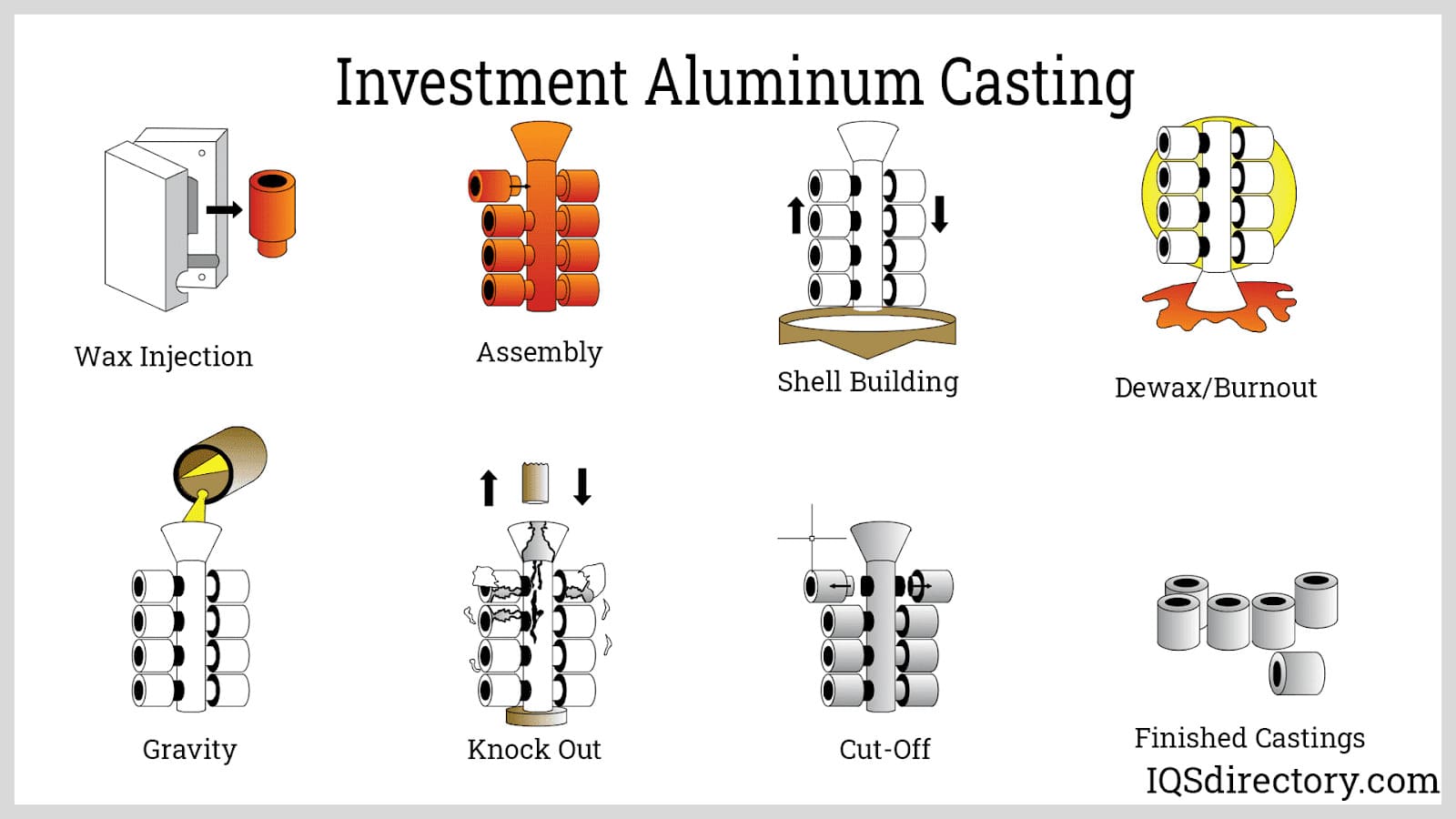A Biased View of Stahl Specialty Company
A Biased View of Stahl Specialty Company
Blog Article
Indicators on Stahl Specialty Company You Should Know
Table of ContentsStahl Specialty Company Things To Know Before You Get This9 Simple Techniques For Stahl Specialty CompanyThe Ultimate Guide To Stahl Specialty CompanyThe 2-Minute Rule for Stahl Specialty CompanyStahl Specialty Company Fundamentals Explained
The refined distinction depends on the chemical content. Chemical Comparison of Cast Aluminum Alloys Silicon promotes castability by decreasing the alloy's melting temperature level and improving fluidity throughout casting. It plays an important role in enabling complex molds to be loaded accurately. Additionally, silicon contributes to the alloy's strength and wear resistance, making it important in applications where longevity is critical, such as automobile parts and engine components.It likewise improves the machinability of the alloy, making it less complicated to refine into ended up items. In this method, iron contributes to the total workability of aluminum alloys.
Manganese adds to the toughness of light weight aluminum alloys and boosts workability. It is generally used in wrought aluminum items like sheets, extrusions, and accounts. The presence of manganese aids in the alloy's formability and resistance to splitting during construction procedures. Magnesium is a light-weight element that provides stamina and influence resistance to aluminum alloys.
Zinc improves the castability of light weight aluminum alloys and helps control the solidification process throughout casting. It boosts the alloy's toughness and firmness.
Stahl Specialty Company Fundamentals Explained
Because aluminum-silicon alloys have good casting homes, high gas residential or commercial properties, straightforward procedures, and exceptional corrosion resistance, aluminum-silicon alloys are most typically utilized in the die-casting sector in the house and abroad. At the same time, aluminum-silicon alloys are additionally relatively early and commonly recognized alloys developed and used in die-casting. After continual research study and renovation, a lot of the current international mainstream aluminum-silicon alloys have actually been wrapped up and are absolutely nothing more than A356, A360, A380, ADC12, B390, and A413.
The primary thermal conductivity, tensile toughness, yield stamina, and elongation vary. Among the above alloys, A356 has the highest possible thermal conductivity, and A380 and ADC12 have the lowest.

6 Simple Techniques For Stahl Specialty Company
In precision casting, 6063 is appropriate for applications where elaborate geometries and top quality surface finishes are vital. Examples include telecommunication units, where the alloy's premium formability permits for sleek and visually pleasing designs while keeping structural honesty. Likewise, in the Lighting Solutions market, precision-cast 6063 elements produce sophisticated and reliable lighting components that need intricate shapes and great thermal efficiency.
(https://www.domestika.org/en/stahlspecialc)
The A360 shows remarkable elongation, making it excellent for complex and thin-walled components. In accuracy spreading applications, A360 is well-suited for industries such as Consumer Electronics, Telecommunication, and Power Tools.

In accuracy casting, light weight aluminum 413 beams in the Customer Electronic Devices and helpful resources Power Tools sectors. This alloy's remarkable deterioration resistance makes it an excellent choice for outdoor applications, guaranteeing resilient, durable products in the pointed out markets.
Some Of Stahl Specialty Company
When you have actually chosen that the aluminum die casting procedure is suitable for your job, an important following action is picking the most ideal alloy. The aluminum alloy you choose will substantially influence both the casting process and the buildings of the end product. Since of this, you should make your choice meticulously and take an informed method.
Figuring out the most appropriate light weight aluminum alloy for your application will mean considering a large array of characteristics. These comparative alloy features follow the North American Pass Away Spreading Association's standards, and we have actually separated them right into two groups. Aluminum Casting. The first classification addresses alloy attributes that impact the manufacturing process. The second covers attributes affecting the homes of the end product.
The alloy you pick for die spreading directly influences a number of facets of the spreading process, like how very easy the alloy is to deal with and if it is vulnerable to casting defects. Warm cracking, additionally known as solidification fracturing, is a normal die spreading defect for aluminum alloys that can result in inner or surface-level rips or splits.
Stahl Specialty Company Fundamentals Explained
Certain light weight aluminum alloys are a lot more vulnerable to warm cracking than others, and your choice ought to consider this. Aluminum Casting. It can harm both the cast and the die, so you should look for alloys with high anti-soldering homes.
Corrosion resistance, which is currently a noteworthy attribute of aluminum, can differ considerably from alloy to alloy and is a crucial characteristic to think about depending upon the ecological conditions your item will be exposed to. Put on resistance is another property frequently sought in light weight aluminum products and can separate some alloys.
Report this page